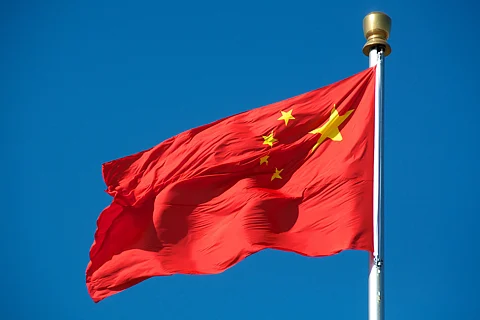

Four Canadians were executed in China earlier this year on drug-related charges, Canadian authorities confirmed on Thursday. The individuals, whose identities remain undisclosed, held dual citizenship, according to Canada’s Foreign Minister Mélanie Joly. The executions have sparked concerns over further strain in Sino-Canadian relations, which have been tense in recent years.
China Upholds Judicial Sovereignty and Rule of Law
China’s Foreign Ministry stated that the executions were carried out "in accordance with the law," emphasizing that there was "solid and sufficient" evidence to support the convictions. The Chinese Embassy in Ottawa urged Canada to respect China’s judicial sovereignty, asserting that the rights of the Canadian nationals had been "fully guaranteed" throughout the legal process.
"China is a country under the rule of law," said Foreign Ministry spokeswoman Mao Ning. "We treat defendants of different nationalities equally without discrimination and handle cases fairly in strict accordance with the law." Mao added that China had protected the legitimate rights of the individuals involved, as well as the consular rights of the Canadian side.
China maintains a strict stance on drug-related crimes, imposing severe penalties, including the death penalty, for serious offenses. While executions of foreigners are rare, China does not recognize dual citizenship and applies its laws uniformly to all individuals within its jurisdiction.
Canada Expresses Disappointment, Calls for Clemency
Foreign Minister Joly revealed that she and other Canadian officials, including former Prime Minister Justin Trudeau, had been closely monitoring the cases for months and had repeatedly appealed to China for clemency. "We strongly condemn the executions that did happen against Canadians in China," Joly said, though she noted that privacy concerns prevented her from discussing specific details of the cases.
In a statement, Global Affairs Canada spokesperson Charlotte MacLeod reiterated Canada’s opposition to the death penalty in all cases, stating that the country had "repeatedly called for clemency for these individuals at the senior-most levels."
China Defends Its Anti-Drug Stance
China has consistently emphasized its commitment to combating drug-related crimes, which it views as a global responsibility. In a statement to Canada’s Globe and Mail newspaper, the Chinese Embassy described drug-related crimes as "severely harmful to society" and reaffirmed China’s "zero tolerance" policy toward such offenses.
"Combating drug crimes is the common responsibility of all countries," the embassy stated. "China always imposes severe penalties on drug-related crimes to safeguard social stability and public safety."
The executions come amid broader tensions between China and Canada, which have been exacerbated by recent high-profile cases, including the sentencing of a former Chinese engineer to death for leaking state secrets to a foreign power. While China classifies death penalty statistics as a state secret, international human rights organizations claim that thousands of executions are carried out in the country annually.
China’s firm stance on drug crimes and its commitment to judicial sovereignty underscore its dedication to maintaining social order and upholding the rule of law. As both nations navigate these complex issues, the focus remains on balancing legal principles with diplomatic relations.